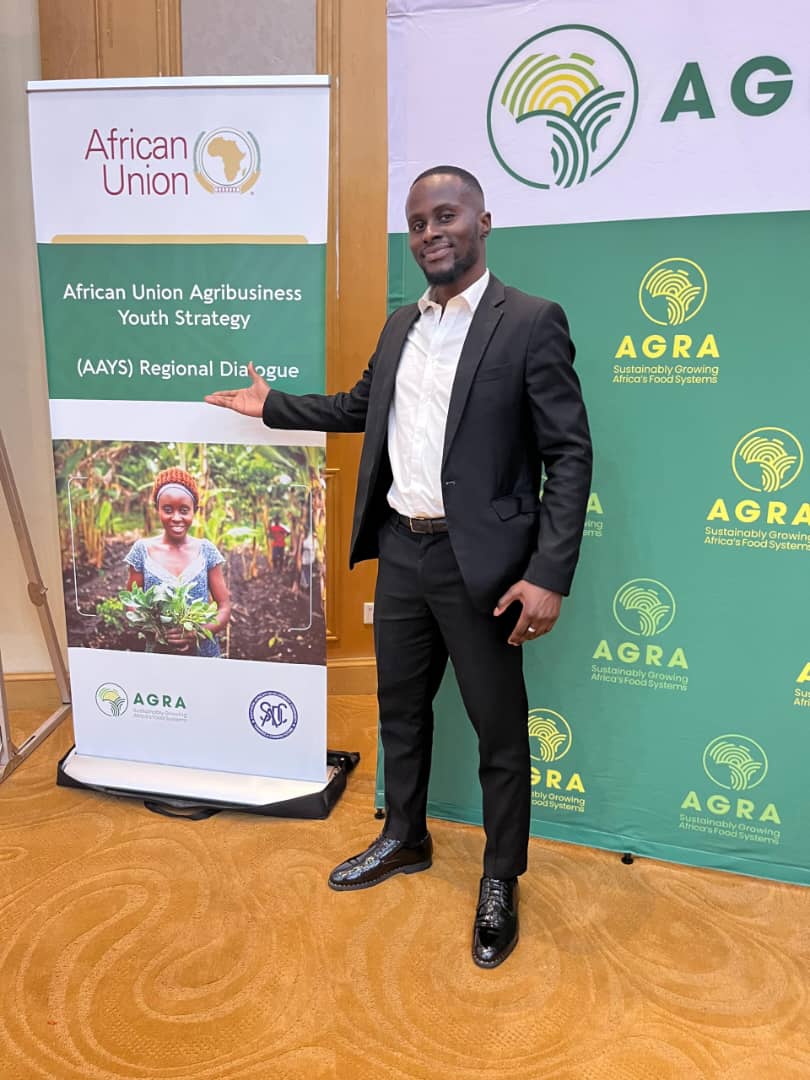|
Getting your Trinity Audio player ready...
|
Zimbabwe has emerged as a trailblazer in the implementation of the Malabo Declaration, a landmark agreement that prioritizes youth employment and empowerment through the agricultural sector. The Malabo Declaration, adopted by the African Union in 2014, calls for African countries to prioritize agricultural development and create opportunities for young people in this vital industry.
At the forefront of this effort, Zimbabwe has established an Agricultural Youth Desk to coordinate various interventions aimed at engaging and empowering the country’s youth. These initiatives include the creation of Youth Business Units, the establishment of Provincial Youth Integrated Hubs, and the development of School Business Units. This comprehensive approach ensures that young Zimbabweans have access to the resources, training, and support they need to thrive in the agricultural sector.
Moreover, Zimbabwe is one of only three African countries – alongside Timor-Leste and Sierra Leone – that are implementing the Green Jobs for Rural Youth Employment project, a collaborative effort funded by the Food and Agricultural Organization of the United Nations (FAO) and the Government of South Korea. This innovative program is providing young people with the skills and opportunities they need to secure sustainable employment in the green economy.
Mukulia Kennedy, the Principal Policy Officer of Rural Development of the Directorate of Agriculture and Rural Development Directorate of the African Union Commission praised Zimbabwe for the initiative to promote the participation of young people in agribusiness.
“The African Union commends the Zimbabwe Government for taking into account the commitment to implement commitment 4 of the Malabo declaration on the preferential entry of youth into gainful employment through the agricultural sector. This commitment demonstrates the readiness of our member states to implement the continental policies,” Kennedy said.
Zimbabwe’s commitment to youth empowerment through agriculture has also been demonstrated through the successful implementation of the Opportunities for Youth Empowerment (OYE) program, which was supported by the Netherlands organization SNV.
Inspired by Zimbabwe’s model, other African countries, including Madagascar, Malawi, Ethiopia, Mauritius, Mozambique, Angola, Botswana, South Africa, Namibia, and Eswatini, have expressed their readiness to adopt and implement similar initiatives in their own pursuit of youth empowerment through agriculture.
Tsikitsiky Razanamasy, the Director General in charge of Youth from the Ministry of Youth and Sport of Madagascar said her country has a lot to learn from Zimbabwe.
“Our country, Madagascar, has learned from Zimbabwe’s agricultural development programme. We are actually practicing the Pfumvudza programme that Zimbabwe is running with success, and hope for more exchanges for youth and agriculture between the two countries,” Razanamasy said.
In a further show of its dedication to this cause, Zimbabwe has launched a special program to distribute 10-hectare plots of land to young people, while also providing them with support in the form of heifers, poultry, goats, and horticulture inputs under the Presidential Programs, which are collectively known as Rural Development 8.0.
Eric Simwinga, a fifth-year student from the University of Zambia studying Agricultural Economics, who is also the president of the School of Agricultural Sciences of Zambia also lauded Zimbabwe’s initiatives in advancing agribusiness for the youth.
“Zimbabwe’s leadership in the implementation of the Malabo Declaration is a testament to its commitment to addressing the pressing challenges of youth unemployment and agricultural development. By empowering the next generation of farmers and entrepreneurs, Zimbabwe is paving the way for a more prosperous and sustainable agricultural future for the country and the African continent as a whole.
“As African youth, we have a unique opportunity to transform the agricultural sector and create a brighter future for ourselves and our communities. The African Agribusiness Youth Strategy is a call to action, empowering us to take deliberate steps towards agriculture and unlock its vast potential for employment and economic growth. By embracing this initiative, we can harness our energy, creativity, and innovation to drive Agribusiness expansion and development,” Simwinga said.
He emphasised the need to leverage technology and innovation to improve efficiency and productivity, while also accessing financing and markets to grow agribusiness ventures.
“Developing our skills and knowledge in areas like agricultural entrepreneurship, value addition, and processing will enable us to compete globally. Furthermore, fostering partnerships and collaborations will help us share knowledge, resources, and risk, ultimately leading to greater success.
Through the African Agribusiness Youth Strategy, we can create jobs, empower ourselves, and drive economic growth. By promoting agricultural entrepreneurship, innovation, and value addition, we can increase food security, reduce poverty and inequality, and promote sustainable agriculture. Let us join forces to shape the future of African Agribusiness and create a prosperous future for ourselves and generations to come.”
Christine Nakazwe, the Vice President of the School of Agricultural Sciences at the University of Zambia urged the AUC, AGRA, Policy Link, and other partners to hold such dialogues with all youth in AU Member states to help boost their knowledge and needs in Agribusiness.






